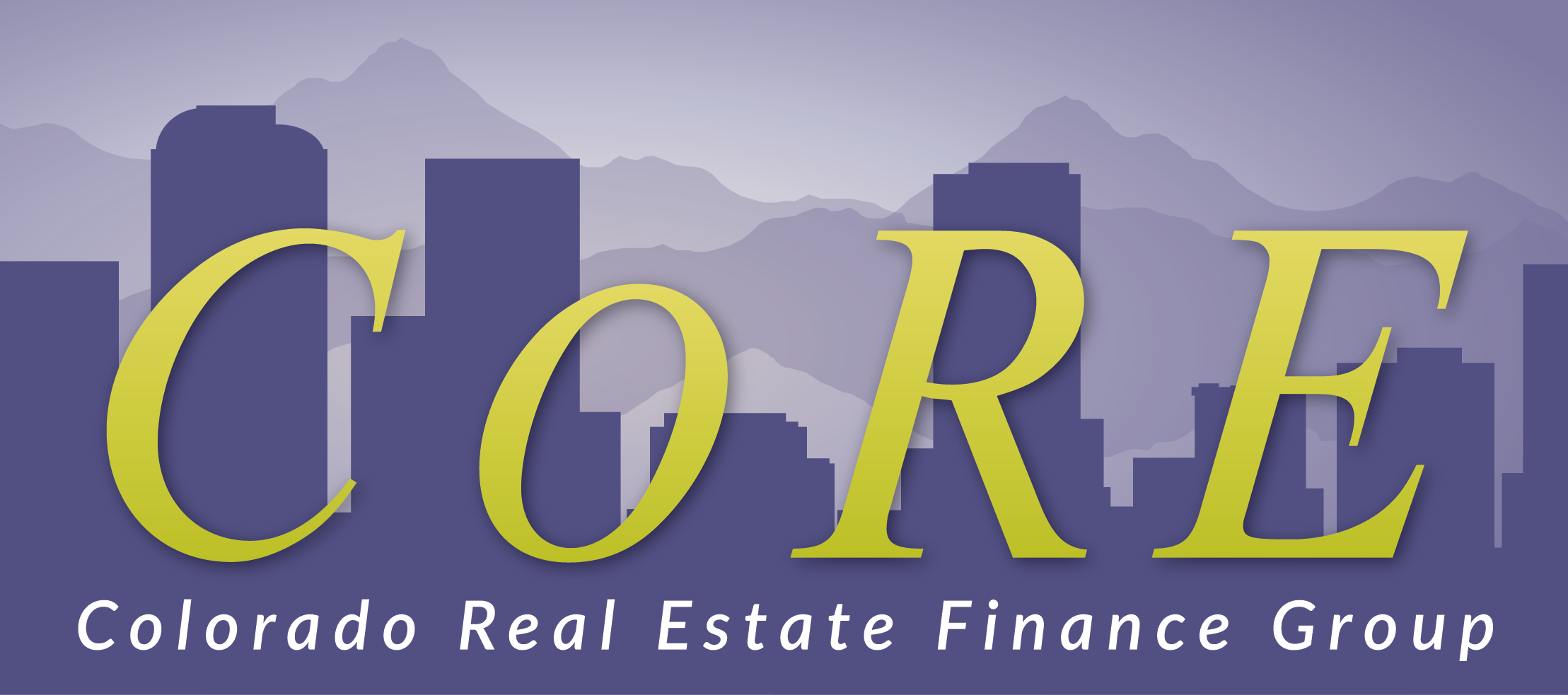The coronavirus crisis has ended the livelihoods of millions around the country. Close to ten million American workers filed unemployment claims in the second half of March 2020.
Whether you’re dealing with lower levels of income or no income at all, you’re probably worried about how it affects your credit score. According to a Harris poll, nearly seven out of 10 Americans believe that a larger income directly raises credit scores, and a smaller income lowers it. If you believe this, knowing the facts can be a source of comfort.
The fact is that your income level only has an indirect effect on your credit score. If you make a large income, you are in a better position to pay your bills, and if you make a tiny income, you’re likely to have less money to pay your bills. The way you pay your bills and the degree to which you use your credit cards, and not your employment status and income, are what directly affect your credit.
It’s important to see that a person making a large income could be careless with their money and be unable to pay their bills on time. They would then have a poor credit score. A person with a small income may run a tight ship, budget their expenses, spend only on the absolute essentials, and manage to pay their bills on time. Income levels, then, do not directly determine your credit score.
Why do credit scoring models ignore your employment status or your income?
You’re able to obtain a free copy of your credit report once a year from each one of the three major credit bureaus – Equifax, TransUnion, and Experian. When you look through the information presented in them, you are likely to notice that they do not mention your current employment status, or your income level. Since your credit score can only be calculated out of information on your credit report, your credit score cannot track these factors.
Why does your credit report not look at your income or your employment status? It is because these factors do not predict how reliable a person’s financial habits are. A study released by the Federal Reserve in 2018 found as much — how well people manage their finances and pay their debts has no connection to their income levels or employment status.
What do you do if you can’t pay your bills?
While your employment status and your income level may not correlate closely with your credit score, a sudden change for the worse in these areas can certainly affect it. If you’ve taken on a mortgage, credit card debt and other obligations, based on your belief in your ability to continue to earn a certain level of income, and the coronavirus pandemic causes you to lose your job or brings about a drastic drop of income level, you’re likely to find it hard to pay the bills that you took on when your income level was higher.
A third of your credit score is determined by your ability to pay your bills on time. If a change in your financial situation during the pandemic makes you fall behind on your payments or other financial obligations, the effect on your credit score can be quick and severe.
Filing for unemployment benefits is an option if you’ve lost your job, and are eligible. It’s important to file as early as possible, because the crush of applications that the government has to deal with means that it takes them longer to process them. Even if you’re a gig worker, a freelancer, or another kind of self-employed worker — jobs that don’t usually qualify people for unemployment benefits — the coronavirus stimulus package that is known as the CARES Act allows you to apply.
When your income drops, it’s important to revisit your monthly budget to see where you can make spending cuts. Even if your income hasn’t taken a hit at this point, the economic fallout of the pandemic may jeopardize your job sometime in the near future. It can make sense to work on your budget, cut down your expenses, and use the money that you save, to build your emergency fund with.
Ask lenders to accommodate you
If you’ve tried everything you can, and don’t see how you will be able to pay your mortgage, your student loan, your credit card bill or another kind of loan, you need to contact the companies that have lent to you, before you miss a payment and damage your credit score. You need to ask for accommodation. If yours is a federal student loan or federally-backed mortgage, help is built into the CARES Act. Nevertheless, you will need to get in touch with your lender and apply to activate the relief options you’re eligible for. For credit card issuers and other lenders, as well, you need to be proactive about reaching out and asking for hardship options.
The CARES Act includes further specifications that affect the Fair Credit Reporting Act. If you’re able to get a credit card company or other lender to agree to defer your payments, they need to report you to the credit bureaus as current. They can’t tell the bureaus that you haven’t paid. Your credit score, then, should be undamaged.
It can be a painful experience to lose your job or to lose a portion of your income when you’ve done nothing wrong. You can take steps to ensure that your credit score doesn’t suffer, however. If you’re careful with your money, apply for help, and proactively reach out to your lenders to defer payment, you will likely be able to emerge from the pandemic with your credit rating intact.


Recent Comments